Podcast: Download (Duration: 54:00 — 44.0MB)
Subscribe: Spotify | TuneIn | RSS | More
Audiobooks are the fastest-growing segment in publishing — and podcasts sell audiobooks because you’re reaching people who are already listening. Those who consume media in audio (like me) want everything in this format, and whether it’s conversational interviews, industry news, serial fiction, or a full-cast, multi-voice production, podcasts are on the rise.
In this episode, I’ll explain some of my lessons learned from Podcast Movement 2019 and how it could impact you in terms of creation, marketing and revenue possibilities. Plus, some thoughts on the mindset of a creative entrepreneur, so even if you’re not interested in podcasting yourself, this will be useful.
2019 marked a tipping point with over $1 billion pouring into the industry and the rise of ever more creative podcast networks. Edison Research reported that, among the U.S. population ages 12 and older, the total number of people who have ever listened to a podcast passed 50% for the first time.
“This is a watershed moment for podcasting–a true milestone. With over half of Americans 12+ saying that they have ever listened to a podcast, the medium has firmly crossed into the mainstream.” Tom Webster, Senior Vice President at Edison Research.
I’ve been podcasting since March 2009 and I’ve never been to a podcast conference before Podcast Movement in August 2019.
Similar to my decision to self-publish before the Kindle, podcasting is something I decided to do way before there were courses and easy-to-use software and even before 4G and smartphones made it worthwhile, so it was strange to find myself amongst thousands of attendees and an industry that has really only just started growing significantly. I have pages of notes for ways I’ll be improving my podcasts — yes, I have two now, which is inevitable if you love audio! — but how can you, as an author, take advantage of podcasting going mainstream?
(1) Attending live events will grow your knowledge and income
This is broader than Podcast Movement but it’s worth stating up front because I need to remind myself of this every time I travel for work.
I’m an introvert. As I write this, I’m utterly exhausted from too many people and too much noise, as well as bloated from hotel food and jet lag. The travel experience was expensive and tiring, and Orlando airport was one of the worst experiences I have had traveling to the USA. I’ve even had to cancel my business credit card because of fraud alerts. On every practical level, it was a terrible trip.
But I’ll be heading to another conference in just a few months, and I will keep going to live events and conferences — yes, even in the USA! — because it’s time away to focus working ON the business, not just IN the business. Without that time to reflect, it’s too easy for everything to become ‘busy work.’ Another book written, another launch, another ad campaign, another social media push, another podcast interview, more and more emails …
You have to get off the wheel sometimes or it will spin you into crazy.
I revisit my business and personal goals every time I travel, especially when I’m alone. I have time to reflect on what’s working, what I need to change, what still makes me excited and what I really have to stop doing before I run away screaming. I always learn from conference sessions and I write a lot of notes, plus this time I discovered some exciting new technology which immediately impacts my business. I meet new people and connect with those I know from years ago.

Podcast Movement has re-ignited my enthusiasm for audio, which was already high 🙂 As my friend Orna Ross tells me, the moment I start to get bored of something is the moment it starts to be recognized by others as important. So I need to double down on podcasting and not let it slide because I feel like I’ve been doing it for so long. I just need to shake it up a bit so expect some changes, all good ones, and more audio, not less.
So get out of your comfort zone, go work on your business, not just in your business.
What events could you attend in person? I know not everyone can afford to travel internationally for conferences, but what local events could you go to that give you a similar experience, even if it’s outside the author niche? In fact, getting out of the author niche is fantastic as you will learn from different industries!
(2) Voice connects and builds trust. Is there a voice like yours out there?
Fake news. Ad overwhelm. We live in a world where trust is scarce — but also in a world where people crave connection.
We all want to belong, that’s why being indie has become far more than just a method of publishing.
Creatives, we are a tribe.
I loved the tribes that were represented at Podcast Movement. Yes, there were radio execs and greybeards and tech people and ‘veteran’ podcasters like me, but overwhelmingly, it was Millennial and diverse.
I attended a women’s networking event packed full of fascinating people with interesting shows in every niche. From NASA to foraging, dating advice to aviation, investing to government contracts, political shows about race to spiritual conversations. There was a society and culture track that had lively sessions for the LGBTQ community and there were meetups for podcasters of color. I met creators from the Colored Girl Beautiful show as well as the Latter Day Lesbians, and there were pronoun badges so you could indicate your preferences. Whatever you think of using different pronouns (she/her, he/him, they/them) it was a mark of respect for other groups which was refreshing.
Podcasting is tribal because it’s so personal.
A lot of this overlaps with Marketing Rebellion by Mark W Schaefer, which I read while I was at the conference. He talks about the rise of ad blockers and the lack of trust in brands trying too hard in a world where we all have a very good radar for advertising and ignore most of it. Millennials, in particular, care more about the people behind things, and they are more likely to buy artisanal and local. They want an emotional attachment to the people behind the products. In the end, we buy from those we know, like, and trust.
[click_to_tweet tweet=”“We’re moving inexorably toward a subscription-driven, human-driven, emotion-driven, ad-free, funnel-free, big brand loyalty-free world.” Marketing Rebellion by @markwschaefer” quote=”“We’re moving inexorably toward a subscription-driven, human-driven, emotion-driven, ad-free, funnel-free, big brand loyalty-free world.” Mark W Schaefer, Marketing Rebellion”]
I learned the concept of ‘know, like, trust’ in marketing at the beginning of my journey from people like Seth Godin, Brian Clark at Copyblogger, Yaro Starak, Chris Brogan (my 2009 article on Trust Agents here) and other marketers who focus on relationship and personal authenticity before sales. That’s where social media started, believe it or not, but now it’s overrun with paid ads which of course, I use to sell books like many authors.
But my core is still content marketing and if you listen to my interview with Pamela Wilson on content marketing in episode 443, I go into that in more detail.
I have tried to expand my use of paid ads in recent months, as discussed in episode 442 with Michael Beverley and Russell Blake on Amazon Advertising, but at heart, it’s not what I love, and so I’m scaling that back again. I will continue to use ads but only as a very small part of what I do. I’m doubling down on what I’m good at — and what is useful to you — and that’s writing and podcasting, which I see as part of my body of creative work, as well as a core pillar of my business.
This is what I wrote in my journal after reading Marketing Rebellion: Be more human. Be more helpful. Give more. Serve my audience. Don’t follow the latest trend. Double down on being human. You are not a big brand. Flawed is ok.
[click_to_tweet tweet=”‘Double down on being human. You are not a big brand. Flawed is ok.' w/ @thecreativepenn #marketing” quote=”Double down on being human. You are not a big brand. Flawed is ok.”]
So, here’s my challenge for you. I’m already doing this. I’m already sharing honestly with you guys every week and getting personal about another side of my life on Books and Travel. But what about you?
You’re listening to me because we have something in common, something in my voice and my experience resonates with you. But are there voices out there that reflect your reality?
Are you a white, middle class, Oxford-educated, happily child-free, Gen X, well-traveled, married, female English author who publishes indie? It’s unlikely we cross over on every spectrum, so who else is out there representing you? Or could you be that voice?
“Successful marketing in the future will have to be presented in a way that is unquestionably authentic, local, personalized, and even handcrafted. It will have to make a difference that people can see and experience.” Mark W Schaefer, Marketing Rebellion
(3) Podcasting is the new blogging. Why Google is now indexing podcasts for search.
Google announced on 8 August 2019 that they would be indexing podcast episodes (not just shows) and showing them on the first page of results in a similar way they do with videos right now. [Google Blog] This is currently in English only and in the US right now, but they have a global focus in both territory and language, so expect this to expand over the coming months. [More detail in this article from Pacific Content on Google podcast strategy]
Obviously, they didn’t go into too much detail on tech or everyone would be gaming it tomorrow, but they are reading the audio file, transcribing it in the background and then indexing that text in order to serve audio in search results.
Many people mentioned the potential issue of accents affecting transcripts (i.e. anything not US English) and they said, ‘do anything you can do to help us by adding notes and even a written transcript,’ so I’m pretty happy that I’ve already been transcribing for years. They won’t release the transcript they create but they did take the feedback that lots of people would like to help make it more accurate by uploading their own, a bit like you can on YouTube.
If you have a podcast — or you have been featured on a podcast episode — you don’t need to do anything to be indexed. It will just happen.
People do need to use the word ‘podcast’ in the search at the moment, but in a future roll-out, they won’t need to. Audio will be served alongside other search results like people don’t need to type ‘video’ when they want a how-to thing, they just get served video. The listing will be video, then audio, then text. That has got to demonstrate how people’s preference is skewing away from text search.
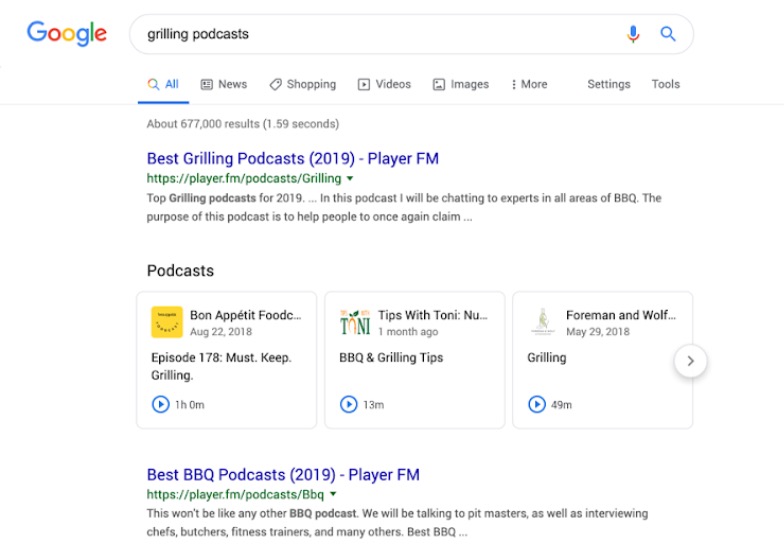
There was also a lot of talk in general about language, about how ‘podcast’ is not a word used by many who are new to listening. They suggested calling it a ‘show’ rather than a podcast so people don’t have to ask what it is. A showrunner can also be with an audio network, not just in TV.
So why is this happening? (and this is my opinion, of course!)
I’ve discussed the rise of voice assistants before, and it’s not just smart speakers, it’s using your voice to search on your smartphone. If you use voice search, you expect voice response. [More on voice technology for authors in this interview with Bradley Metrock, and also in this episode on voice search and smart speakers with Miral Sattar.]
Google has a revenue model based on ads for text-based search, but voice search is rising, so they are protecting their future revenue model.
My business has a revenue model based on text-based search as well — 95% of my income is based on organic search which I have built up for years on TheCreativePenn.com which now gets nearly 800,000 uniques per month — so I am following Google by also optimizing for voice search.
The word on the voice assistant front is that there will be a proliferation of assistants. “Google Assistant will win for search. Amazon Alexa will win for buying things from Amazon. Siri will win for delighting you with new experiences.” and the expectation is that you will use multiple voice assistants, not one master assistant. A bit like apps on your smartphone, you’ll use different assistants for different things. [Check out Bret Kinsella at voicebot.ai for more on this.]
So I will be focusing on optimizing my website for voice search as it brings people into my eco-system, and also looking at developing for Alexa in order to drive people to audiobooks, although that is a tiny part of my income compared to search which drives traffic, which drives affiliate income and sponsorship, as well as book sales and course sales from the site.
The same SEO rules apply around headlines (episode titles), keywords, and creating specific content that suits your market. They stressed ‘contextual’ audio a number of times, so think about what type of thing people listen to at different times.
They didn’t mention specific examples, but this has to be ad-based on some form e.g. they can tell you’ve been searching for a new car, maybe you have asked Google Assistant ‘what’s the safest family car?’ and there’s a podcast episode that covers that topic, so maybe they serve you that. Or maybe you’re searching for info about having a baby so they serve you new Mum or Dad shows. That’s just my thoughts but I heard ‘contextual’ a lot so clearly it’s important somehow. All these data points go into an algorithm, so no doubt, things will change over time as it matures.
I asked whether it will have something like Page Rank e.g. a trusted source — or a podcast that has been around for 10 years with lots of incoming links (!) — will do better than a brand new show. There was no definitive answer on that but it would make sense.
They are optimizing around discovery with the aim of doubling podcast listening worldwide by figuring out ways to introduce a first-time user to a podcast (or show). They want to be app independent, although they will have a player button in the episode so native listening can happen in the app.
If people use Google apps and Assistant, it will sync across devices so you can go from listening in the car, to listening on your smart speaker and it will resume where you left off. The Google Podcast app has Auto support, a Sleep timer and more. You can use the Listen on Google button on your website and it will play straight on an Android phone. The listener doesn’t need to have the app installed.
Click below to listen to The Creative Penn Podcast on Google Podcasts
What am I doing in response to this? I considered starting a Q&A podcast but I really can’t manage a third show and the idea is to bring people into my eco-system and this larger, more personal show, so just answering Q&A doesn’t do that, plus it’s my Patreon reward. But I will be doing shorter segments, in-between-isodes, once I sort out what content I want to make for that. So you can expect more audio to come 🙂
[click_to_tweet tweet=”“More shorter-length sub-five-minute podcasts will be made — these work well on smart speakers, and respect listeners’ time. Expect not just news updates in this format, but others, too.” @JamesCridland Podnews.net” quote=”“More shorter-length sub-five-minute podcasts will be made — these work well on smart speakers, and respect listeners’ time. Expect not just news updates in this format, but others, too.” James Cridland, Podnews.net”]
More on predictions for podcasting in this article from Pacific Content
I did talk to one of the Google developers about the possibility of integrating audiobook content because podcasts sell audiobooks, or even just linking through a creator name to other things they are in e.g. narrators and voice talent work on podcasts as well as audiobooks. They wrote that down but Play and Audiobooks are a different team so who knows whether that will funnel through. Fingers crossed.
Weirdly, there was no audiobook presence at all even though there was a dominant audio fiction track and a lot of writers and voice talent present. I asked veteran podcaster Evo Terra, who I first met online years ago when Podiobooks was a thing, and he said that “podcasting is like TV, and audiobooks are like film.” The two are very different mediums and the world is going crazy for TV right now. Podcast fiction is also taking off in some niches, and attracting raving fans and a lot of investment.
There were very few ‘authors’ present but a whole load of creators.
It was great to hear from Aaron Mahnke, creator of LORE, which started as a podcast and is still a top-ranking show, but also got a book deal and a TV show on Amazon Prime. He said, “I’m a creator. I create for a living,” but he creates first for the medium that people prefer.

You can touch more people with TV and audio right now than you can do with books, and as I have said before, The Creative Penn Podcast has been downloaded over 3.2 million times in 215 countries which is far further than I have reached with my book sales.
Aaron said, “Everything is storytelling and everyone is a storyteller, whether you think you are or not. Find an idea that is perfect for audio. Create for that medium. Story is more important than tools.”
[click_to_tweet tweet=”‘Story is more important than tools.' @amahnke #storytelling #lore” quote=”‘Story is more important than tools.' @amahnke”]
Podcasting is essentially audio-first creation, which is fantastic, but I was still shocked that none of the audiobook companies were there. There was also nothing on how AI text-to-speech might explode the volume of audio created and make it a lot cheaper to create audio. It will likely put a lot of voice talent out of a job but increase the need for audio-first writers and audio editors. As ever, I know I’m early on calling this, but it is coming! [See episode 437 on how AI will disrupt publishing for more predictions.]
(4) The future is global and mobile
There were sessions on international podcasting, although those sessions weren’t well-attended because it was a US-conference. Here are some stats that make me happy to have a global focus:
- 95% of the world’s population live outside of the USA
- Apple iPhone might dominate in the USA, but mobile users outside of the US are predominantly Android. 78% of phones globally are Android but only 1% of podcast listens happen on Android now, so that’s where the growth will be. The player is installed on all phones and you don’t even need the player to play audio on Android.
- Non-US podcast listeners also use Spotify and YouTube to listen and that also reflects in demographics. Younger people listen to podcasts where they also listen to music. [Pandora has also got into podcasts, but is US-specific]. Podcasts are just part of native audio content, not separate which explains YouTube consumption which is where a lot of people listen to music.
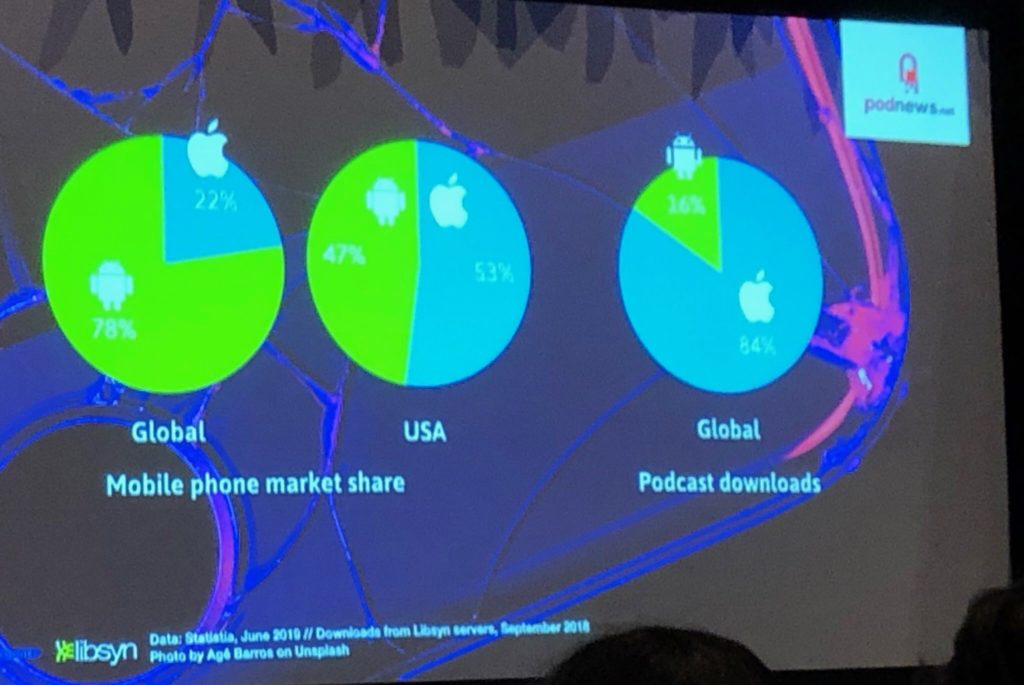
If you are outside the US and/or you speak another language, or if you are in an under-represented group, now is a great time to start podcasting.
The Spanish speaking market is growing fast and US podcast networks are starting to launch in multiple languages, for example, Dr. Death by Wondery was released in 7 languages at the same time. Hernan Lopez, CEO of Wondery, Argentinian but US-based, talked about using the model of TV to release globally simultaneously. People expect that now with Netflix. I wish the publishing industry would realize this. It is so annoying to hear about a book and not be able to buy it in the UK when it releases in the US. It also facilitates piracy because people will do anything to get the content they want to consume and if it's not available legally in their market, they will look to pirate it.
Remember, indie authors can release globally all at once, but only if they publish wide because Amazon is not available everywhere. [See episode 429 on exclusivity vs wide publishing for more details]
When asked in one session about the differences in global markets and how they decide what to make, founder of LosPodcasteros, Martina Castro said that there are no rules because it is a completely open market. It has not been done before in this medium so now’s the chance to make content in your niche and see if people want it.
[click_to_tweet tweet=”“Make things that don’t exist and give people a chance to decide if they want it.” @martinacastro” quote=”“Make things that don’t exist and give people a chance to decide if they want it.” @martinacastro”]
This is the independent creator model!
Don’t base your creation on what is trending or what people are buying. There is not enough evidence in podcasting yet to see trends anyway, but embrace the Millennial trend of micro-niches. The era of the bestseller is over. We now live in the long-tail.
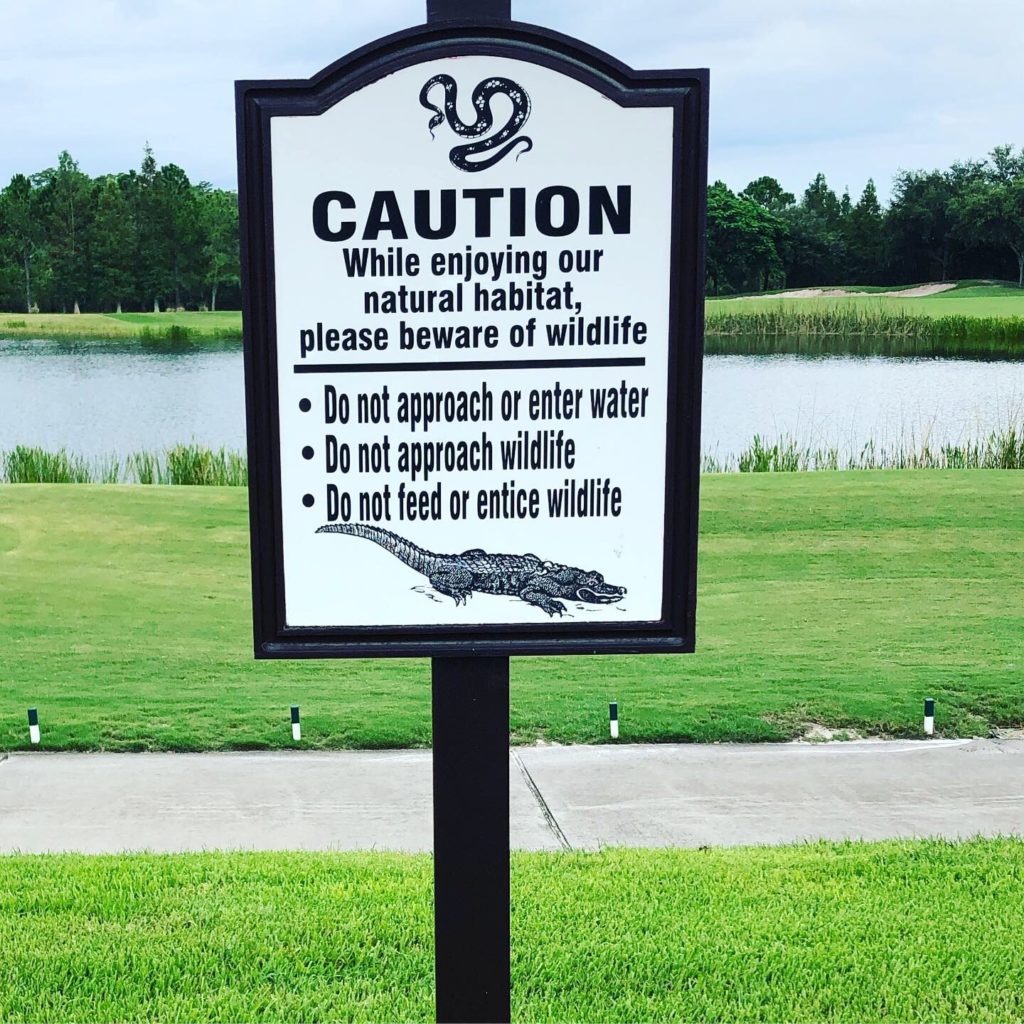
(5) Cool tech and marketing ideas
I have a ton of little notes about interesting things, so here are some of the main ones that might be useful for you.
Descript
I walked past this booth and did a double-take. I couldn’t believe it was real because it is a game-changer. You import a file, it generates a transcript and then you can edit the audio by editing the transcript. You can also use it to generate snippets based on text.
If you do anything with audio, your jaw will have dropped by now 🙂 If you’re not technical, this actually helps you edit without knowing too much. It’s also fantastically useful for audiobooks. So I’m playing with it and it will help me create more snippet based shows where I can add narrative around what others have said, which I am very keen to do.
Get 100 free minutes by using my link: www.TheCreativePenn.com/descript
Cleanfeed
I’ve been using Skype since 2009. I’ve tried Zoom and Zencastr but had trouble with both at various times. Cleanfeed is used by the BBC and essentially cleans up the audio files to make them better across the internet. I’m going to try it out based on a conversation at their booth and this great tip: “It’s 2019 and people are still trying to record interviews with Skype. Look into better options.”
Marketing tips that are also applicable for books
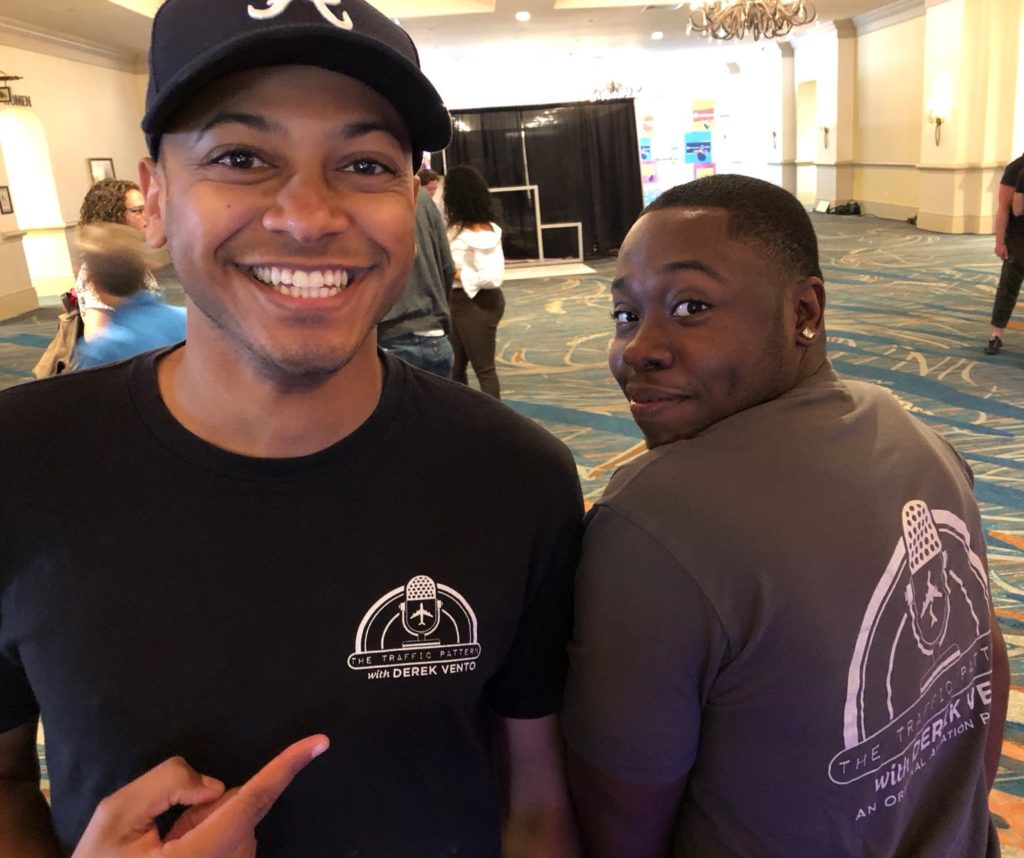
- T-shirts. Lots of people had t-shirts with their podcast URL and logo on. This works well in an Instagram world where people take selfies with others and share the images. Authors tend to use book covers which don't work so well on t-shirts, so consider using your brand or author name URL instead
- Authentically share snippets from the show e.g. quote images, short, accessible, with consistent branding on IG with link in show notes. Don’t do this for every show. Just pick the top shows and do it with them.
- In real life (IRL) engagement. Connect with people at events and drive them to your podcast. Latter Day Lesbians mentioned they go to Pride events and have a stall for their podcast and have seen growth that way.
- Use business cards with QR codes on that take people to your podcast (or book) landing page — but be aware that many people are on different devices and shop in different places, so don’t just do it to your Apple Podcast or your Amazon US book page
So will I go back to Podcast Movement in 2020?
I won’t be attending next year because at core, it’s not my tribe. I am an author first, podcaster second, but I will likely buy the Virtual Ticket so I can listen to the sessions.
I’ll be making some changes to the podcast both on the front end, so you get more audio, but also in the back end with technical settings etc that you won’t even notice in order to be found further afield. I’ll be refocusing on SEO for audio to make the most of the Google changes and also changing up my Patreon offering. If you are a Patron, you’ll hear about that first.
If you’re thinking about starting a podcast, there are lots of options these days. Similar to self-publishing, the tools and services are exploding and some are great, others are not so great. So do your homework before jumping in. I share how I make mine at TheCreativePenn.com/howtopodcast and I’m currently working on a course on podcasting, audiobooks and voice technology for authors which will be coming out in the next few months. It’s turning into more than I expected, considering this is a growing area.
Thanks for listening and I hope you found it sparked some ideas whether or not you podcast yourself, or are considering pitching podcasts for interviews.
If you’ve found this episode or any of my other episodes useful or inspiring, there are a couple of things you could do right now:
- Tell a friend or two, or an author group you belong to, about the show. It should be available on whatever app they use for music.
- Click to share on social media with the buttons above
- Leave a review on whatever service you listen to
- Support the show on Patreon.com/thecreativepenn and get the backlist Q&A audio with behind the scenes info and ask me anything extra shows.
Happy creating — whether that's writing or podcasting — and I'll see you next time!
Feel free to leave questions or comments below and join the conversation.
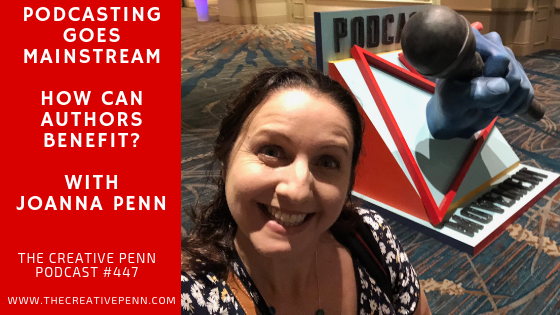
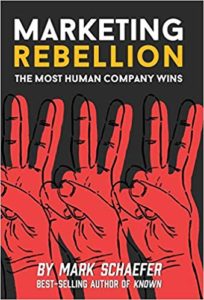


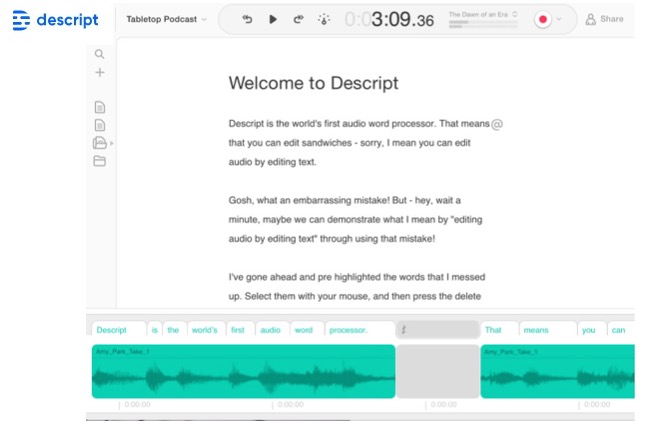


Thanks for sharing the fabulous content. I will share it widely.
Fantastic, Joanna! Great notes and sounds like an inspiring conference. Hope I can make it next year!
Thanks for including visuals! I raced over to the website as soon as you mentioned the T-shirt logos and was thrilled to see you included an example. I’m a woman, I get it.
LOL 🙂 I’m going to look at some designs for women, that potentially have the logo higher up!
Way kewl. I used to host a podcast, about 80 shows still available, but it got to be too labor intensive. Maybe I’ll revisit it now. And, I wondered–since now I also do on-demand webinars, whether a lot of this (SEO, titles, etc) applies to searchable content. Hmnn. Lots to think about as always, Thanks!
It definitely takes time, but you can also outsource a lot of it e.g. production and show notes, transcription and editing. As this shift happens, it’s definitely worth revisiting.
Good insight & advice. Thank you!
danke dafür…
I’m starting to do dictating thanks to your advice. Increased my word count 10X and walked an hour. Looks like I’ll gain 60K words and lose 40 lbs lol. I bought your book the Healthy writer. Your letter to sugar really got to me. Southern Style Sweet Tea is my weakness. I went cold turkey on sugar 3 months ago and lost 15 pounds US just by not eating sugar nothing else just my usual routine. Now I’ve added dictating during an hour leisurely walk around my rural neighborhoodin a small midwestern town USA. I know how you like old graveyards. There is a curious one 1 block from my home. It has two mysterious unknown graves, one man froze to death during the depression, and a gypsy girl was murdered. Someone leaves flowers on her grave. It is well-tended but no one else has been buried there for about 100 years.
Down to book /audio business, I was thinking about adding audio chapters of my finished book to my blog. I don’t want to start a separate new podcast I just want to add audio to my current blog. I want to experiment first before I spend loads of money on an audiobook. I have a local studio person who is reliable to do the technical aspect of produces an audiobook., However, I want to practice audio. I love how you include your audio file with the written transcript of your show. I notice Adam at the Writer’s detective bureau also includes his audio and a transcript. Thanks so much for your years of sensible advice without all the hype.
Thanks so much, Martha – I particularly appreciate your words: “Thanks so much for your years of sensible advice without all the hype.” I do try to keep it real on this site and find personally, concentrating on delivering value keeps me sane 🙂
Glad you’ve also found the Healthy Writer useful.
There are no rules with audio – but it’s more about delivering a consistent experience to your listeners for a podcast – whereas an audiobook is something to be consumed in a space of time and is then finished. They are different experiences. You can add audio without it being a podcast or an audiobook – e.g. just add an audio player, but then you’re relying on people coming to your site, whereas one advantage of podcasting and audiobooks is meeting people where they are e.g. on Spotify or Audible.
It’s time for me to thank you.
I have been listening and acting on, your advice for years. I love all of it because I also love looking at what’s coming.
But this podcast promoted me to finally say thank you. I also had a podcast in 2008. Gave it up. Came back for two years and also went to Podcast Movement, loved it, but haven’t been back because, like you, it wasn’t my tribe. Stopped doing that podcast this year.
But I still love audio and because of you am doing more of it, and now I am planning two new podcasts.
Thank you for all the help and inspiration. I always feel better after listening to you, because I too love doing many creative things, as much as writing. You remind me that is a good thing!
I am looking forward to meeting you in person in Nashville next May!
Glad it helped, Beca – see you in Nashville!
Delightful coverage of podcasting, from why you love it to how to get started. Your ability to explain and encourage fills me with the desire to get started on my podcasting project.
I adore podcasts and want to be a guest on one at least. I drive two hours daily and would go crazy if not for something interesting to listen to 🙂 Great advice!
Re-listening to this and realised that I’d missed the link to Cleanfeed, very useful for those occasions when my podcast guests don’t have Skype or are, ummm, technologically challenged.
I’ve also discovered Squadcast https://app.squadcast.fm/ which allows up to 2 hours free, but then you can pay for extra time either by subscription or by the hour, which is great because I won’t need it that often.